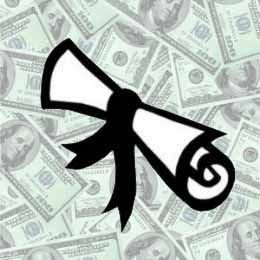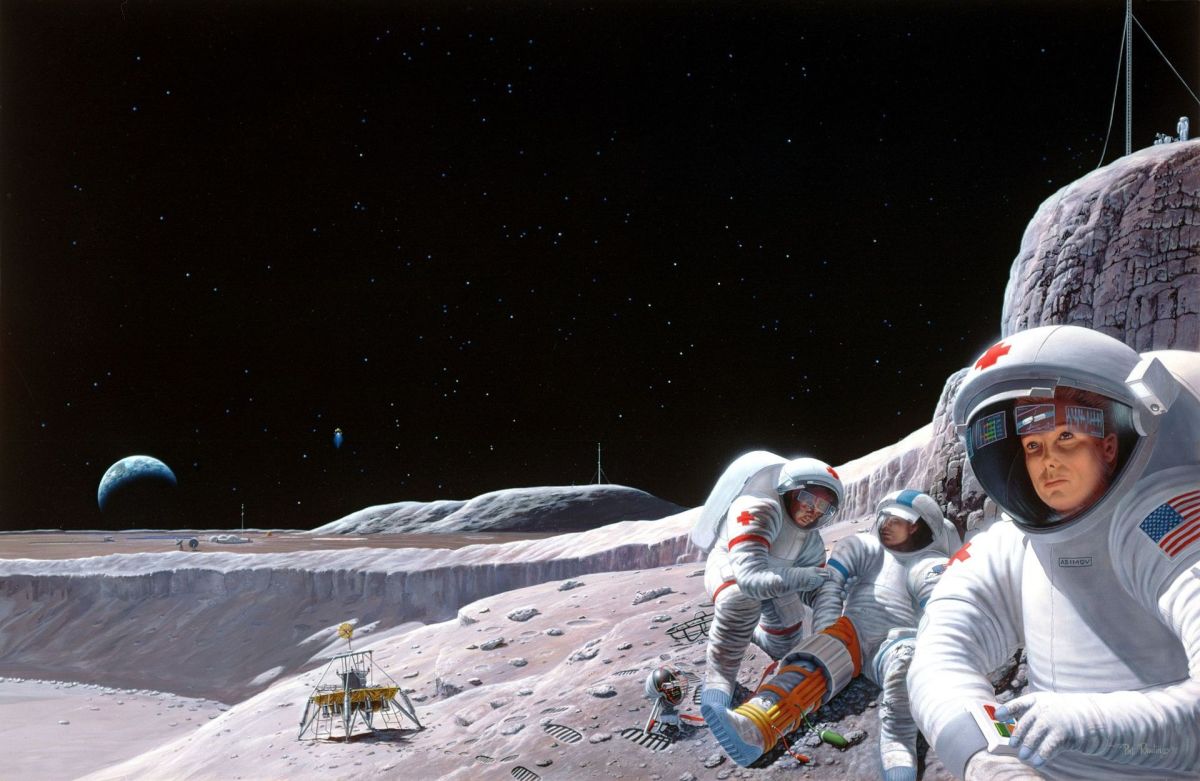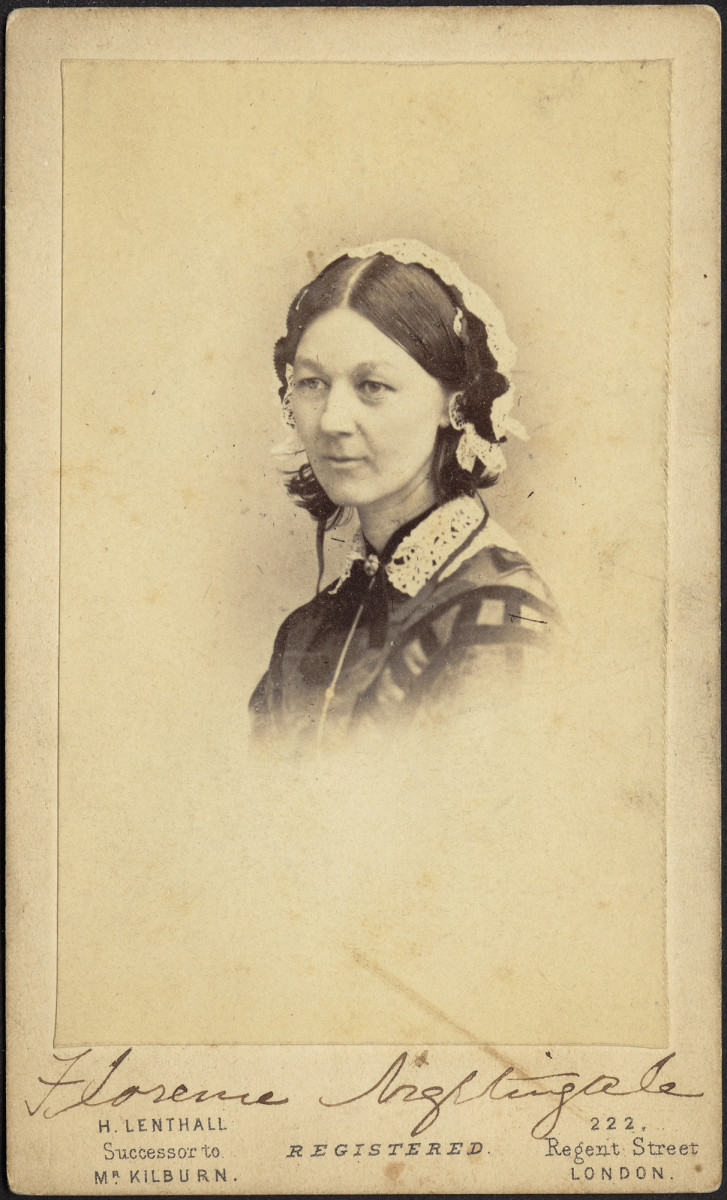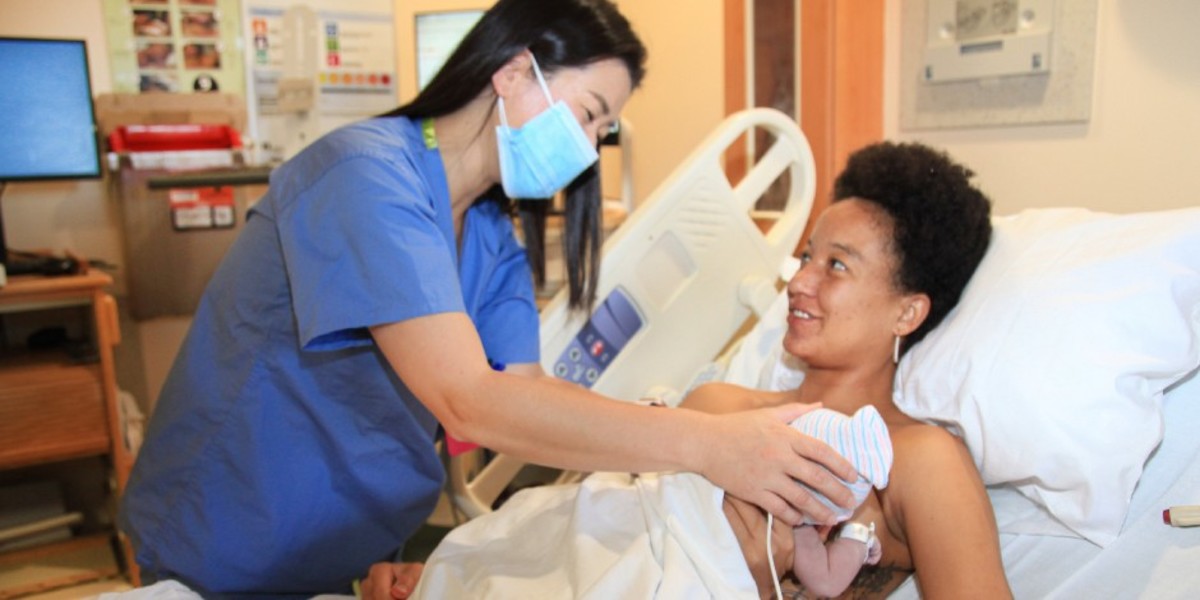Why Attend Universities with Nursing Programs

Outlook for Nursing Careers
Those who made the choice to attend nursing school, college, or programs and become a practicing nurse did something right. In my family, I have two sisters and three cousins who are nurses. And in today's recession, they're all doing well financially.
But my sisters and cousins are just a small example. The big overall picture shows that healthcare is a great industry for stable jobs for short and long term. For nurses and those studying to be nurses, the outlook has been great, is wonderful today, and looks outstanding in the future. The average salary of a nurse is only expected to go up.
Why train as a nurse?
Here is a few reasons why you should consider nursing school, college, or diploma program:
- Health care is in demand. Not just for the sick, but those who want to avoid being sick. Many more people are health conscious. That's why they see doctors more often.
- Baby boomers are aging. But they don't just age and retire away from life. They are more active in their senior years than previous seniors of the past. They go biking, hiking, dancing, etc. To live the active lifestyle, they take care of their health.
- People are living longer. Parents of baby boomers' parents are still alive and need care. Many of them need to be cared for in the homes or facilities. Nurses and other health professionals are needed for these jobs.
- Healthcare is in the minds of everyone. Health care is such a big concern that it has become a political agenda. The Obama Administration and Congress outlined in the stimulus plan that funding will be provided to improve health care.

But, there are always "buts". Reasons why attending nursing school, college, or diploma program might not be for you:
- Job market is gonna get tight. Cat is out of the bag for several years now that health care is the way to go. So more and more people will try to get into the market. Which leads to the next reason for attending a nursing school or college...
- Getting into a nursing school, college, or program is getting real tough. Have you tried enrolling at your local junior college for nursing? It is likely that enrollment is so high, that there's a waiting list. Both of my sisters who became nurses attended private schools which cost them lots of money. But its worth it in the long term.
- Crazy schedule. Nurses work typically long hours, say 3 consecutive days of 12-hour shifts. And depending on the hospital, they might be on call in case of personnel shortage. So if you have an evening shift and you come in at 6PM, you're not going home until 6AM the next day.
Into the Nursing Pay Scale: Rising Salary of a Nurse
There is no doubt that the cost of health care is increasing. According to the US Bureau of Labor Statistics, consumer spending on health care "health care has gradually risen from about 5.3 percent to about 5.9 percent since 1997." Demand and inflation has been pushing the increase in costs. And with the increase in costs come the rise of services associated with it, such as the cost of paying the salary of a nurse for his or her skill set. Hence, the nursing pay scale does not simply rise because there aren't enough nurses to go around. Instead, there is a shortage of nurses because consumers, of all ages, are demanding more and more health care than ever before. Makes sense since we're all living longer, we want to live healthier and actively.
In terms of how much nurses get paid, the national US average salary for nurses in 2008 was $31.31 per hour ($65,130 per year). Which is great considering that in the same year, the average US wage index is $41,334.97. Meaning that the average nurse do better in pay than the average American worker. The top earning nurses, by the way, made at least $44.35 per hour ($92,240 per year) in 2008. The lowest salary range for nurses was around $20.87 per hour ($43,410 a year). Still above the average US wage index.
As far as where nurses work, it's not just hospitals. But hospitals are the most common places where nurses work. For those who did work in hospitals for the year 2008, the average nursing pay scale was $31.97 per hour ($66,490 per year). Nurses also work in Physicians Offices where they made an average of $31.28 an hour ($65,070 per year). Other places where they work include Home Health Care Services where the average salary of a nurse was $29.56 per hour ($61,490 a year). Two other places include Nursing Care Facilities ($28.06/hr or $58,360/year) and Nursing Agencies ($33.23/hr or $69,110/yr).
The highest paying states include California where the average salary of a nurse was $39.92 per hour ($83,040 a year). Within California, nurses who work in the San Jose - Sunnyvale areas had the highest pay average with $50.19 per hour ($104,400 per year). In fact, the top paying metro areas are in California, namely San Francisco - Redwood City where they made $46.49 per hour ($96,700 per year), Oakland - Fremont ($46.23 per hour or $96,150 per year), Visalia - Porterville ($49.84 an hour or $103,660 a year), and Napa Valley ($42.77 per hour or $88,970 per year).
Data source for the above is from BLS.gov.

How to get in Nursing
There are two requirements to become a nurse in the US: (1) graduate from an approved nursing school, college, or program and (2) pass the national licensing exam called NCLEX-RN.
Nursing School, College, or Program
There are 3 types of degrees that you can get to become a nurse:
- bachelor's degree in nursing (BSN),
- an associate degree (ADN), and
- a diploma (or a certificate program).
A bachelor's degree takes about 4 years to complete and are offered in various private and public nursing school or college. An associate degree takes about 2 years, typically from a junior college. And a diploma program can take from months up to 3 years, usually through a trade school.
The differences between the three types of programs are the scope of education that you'll get. In finding an entry level job, any one of the three is good enough, so long as you past the NCLEX-RN. But since there are many students looking to become nurses every year, competition is becoming tougher and getting a BSN may have to be the best move. In fact, according to the BLS.gov, most nursing students who have an ADN or a diploma end up going back to school for their BSN. Many even move on to attend graduate nursing school or college. These can be done while you're working to support yourself.






